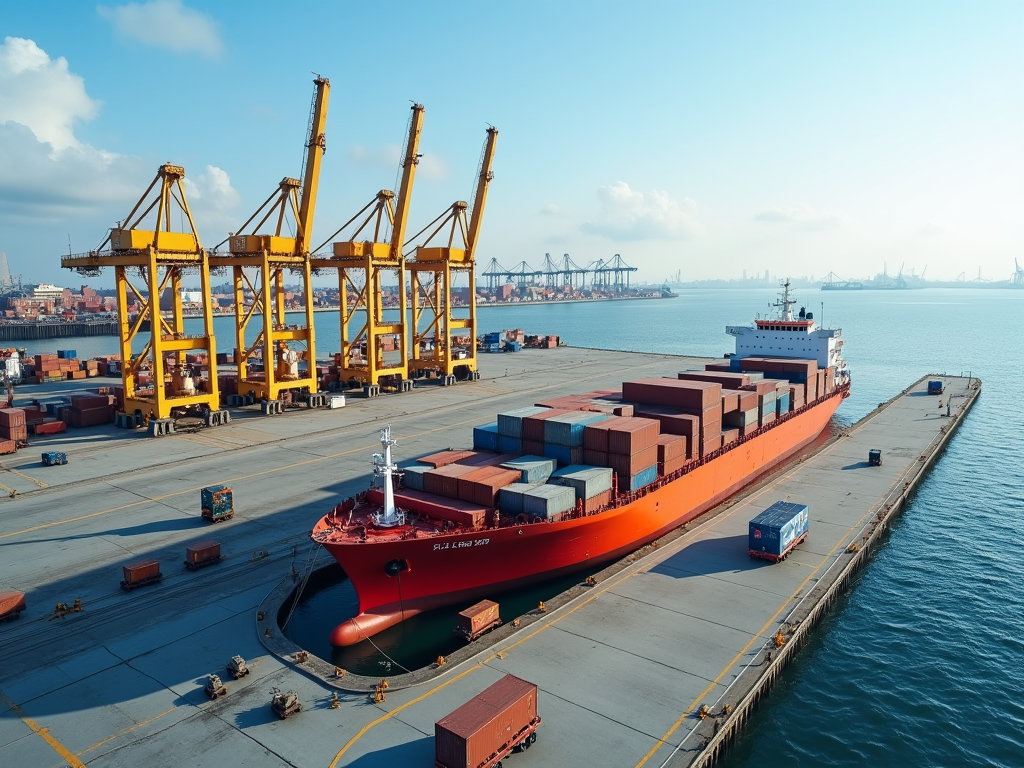Free zone business activities are specific commercial undertakings that benefit from special economic regulations designed to encourage international trade and investment. Free zones, also known as special economic zones or free trade zones, provide various advantages to businesses, such as tax exemptions, reduced tariffs, and simplified customs procedures. This article delves into the core activities that define free zones, the advantages they offer, and the types of businesses that typically thrive in these areas.
The Concept of Free Zones

A free zone is a designated area within a country where businesses can operate with fewer restrictions than in the standard economy. These zones are established with the intention of promoting foreign investment and increasing export activities, which contribute significantly to the national economy. Free zones can be found in numerous countries and often cater to a variety of sectors. The main features of free zones include:
- Duty exemptions on imported goods.
- Tax incentives.
- Streamlined regulatory requirements.
- Ownership laws favorable to foreign investors.
- Customs advantages for re-exporting goods with minimal documentation.
Engaging in business activities within a free zone offers several significant benefits for entrepreneurs and corporations. These advantages can propel a business towards greater efficiency and profitability. Key benefits include:
- Cost Savings: Companies operating in free zones can enjoy substantial cost reductions through tax benefits and duty exemptions.
- Faster Logistics: Simplified procedures for importing and exporting goods lead to quicker turnaround times and improved supply chain management.
- Infrastructure Support: Free zones often provide state-of-the-art facilities and infrastructure, such as warehousing and transportation services, designed specifically for international trade.
- Business Networking: Proximity to like-minded businesses within free zones enables networking opportunities and collaborations.
- Regulatory Ease: Fewer bureaucratic hurdles make it simpler for businesses to establish and operate.
Types of Business Activities in Free Zones
Free zones cater to a vast array of business activities, each designed to leverage the unique advantages of operating in such an environment. Below are some of the primary business activities commonly found in free zones:
- Manufacturing: Many free zones focus on manufacturing processes, allowing companies to produce goods with lower overhead costs.
- Trading: Import and export trading companies benefit from lower tariffs and streamlined customs procedures.
- Logistics and Warehousing: Businesses in logistics can establish operations for distribution and warehousing without onerous regulations.
- IT and Technology: Certain zones are designated for tech companies, fostering innovation with infrastructure support.
- Services: Financial services, consultancy, logistics, and research and development services often take advantage of the business-friendly environment.
Setting Up a Business in a Free Zone
Establishing a business in a free zone involves several procedural steps that ensure compliance with local regulations while maximizing the benefits available. Understanding the process can facilitate a smoother entry into the market. The general steps to setting up a business in a free zone include:
- Choose the Right Free Zone: Research various free zones and select one that aligns with your business objectives.
- Register Your Business: Complete the necessary registration processes, including obtaining the required licenses and permits.
- Obtain Office Space: Secure office or warehouse space within the free zone as per your operational needs.
- Hire Employees: Recruit employees and ensure compliance with local labor laws.
- Comply with Regulatory Requirements: Maintain compliance with the free zone’s regulations and reporting obligations.
Conclusion
Free zone business activities represent a strategic choice for companies looking to optimize their operations and enhance profitability. The unique advantages they offer—ranging from tax incentives to simplified regulations—enable businesses to grow and thrive in a competitive landscape. Understanding the types of activities allowed in these zones and the process for establishing a business can provide significant insights for international entrepreneurs and investors interested in maximizing their ventures. By harnessing the benefits of free zones, businesses can not only navigate logistical challenges more effectively but can also tap into new markets and opportunities.
Frequently Asked Questions
1. What is a free zone?
A free zone is a special economic area within a country that allows businesses to operate with minimal regulations, offering benefits such as tax exemptions, reduced tariffs, and simplified customs procedures.
2. What types of businesses can thrive in free zones?
Free zones support various business activities, including manufacturing, trading, logistics, technology, and service industries. Each zone may cater to specific sectors.
3. Are there any limitations on the type of products I can import into a free zone?
Generally, free zones have regulations regarding the types of goods that can be imported, usually aimed at preventing illegal activities or promoting certain economic activities. Always consult the specific free zone authority for precise regulations.
4. How long does it take to set up a business in a free zone?
The timeline for setting up a business in a free zone can vary but typically takes from a few weeks to several months, depending on the complexity of the business structure and compliance with regulatory requirements.
5. Do I need a local partner to operate in a free zone?
In many cases, foreign ownership is permitted in free zones; however, local regulations can vary by country. It’s crucial to verify the specific requirements of the free zone you are considering.
